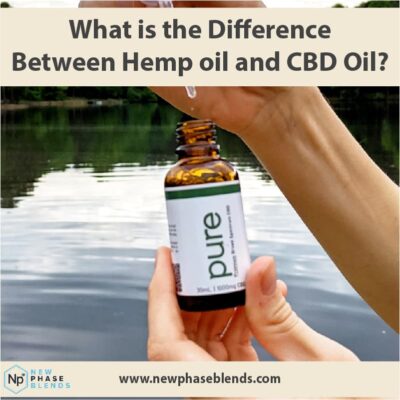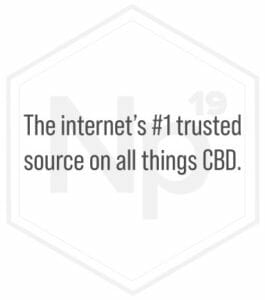Is there a difference between hemp oil vs CBD oil? Are CBD oil and hemp oil the same? What is the difference between hemp oil and CBD oil? I’m sure many of you have at least noticed these different products by now. What exactly is the difference between these products, though?
Confused? Don’t be. In this article, we’ll set the record straight when it comes to the differences between hemp oil and CBD oil.
Key Takeaways – Both hemp oil and CBD oil are different names for the same thing: an extract from the hemp plant. These are not to be confused with hemp SEED oil, which contains no beneficial cannabinoids what-so-ever. We recommend that customers avoid hemp seed oil altogether
Hemp Oil and CBD Oil: Origins and Production
There really is no difference between hemp oil and CBD oil. It simply comes down to a matter of different names for the same type of product – CBD oil tinctures.
Hemp oil, CBD oil…same thing!
Cannabidiol (CBD) comes from hemp, which is one of the different types of the cannabis plant. CBD is called a phytocannabinoid, which is a fancy scientific word for plant chemical. There are over one hundred of these plant chemicals within hemp, but for this article we’ll be sticking to CBD.
The Farm Bill of 2018 also opened the floodgates for the legal production of hemp oils and other CBD products. Because the CBD oil industry is so young and still not regulated, there’s often confusion about the terms found on product labels.
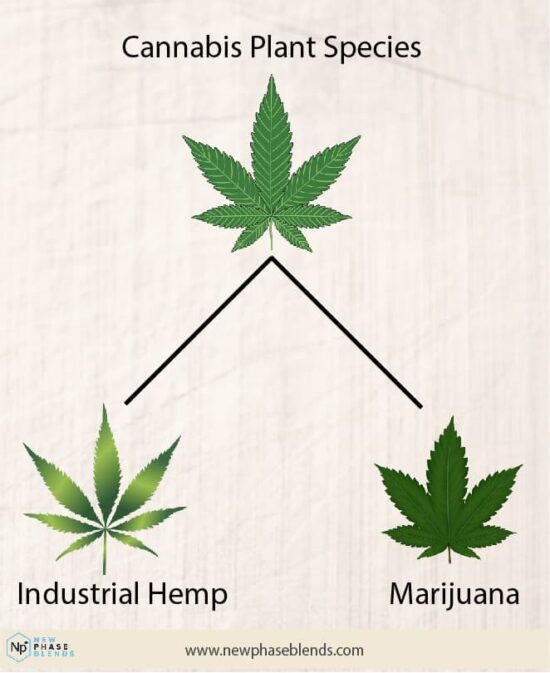
What's the Difference Between Hemp Oil and CBD Oil?
This leads to terms like hemp oil and CBD oil being used, interchangeably. To cut a long story short, here’s how the two differ:
They don’t.
That’s right. Hemp oil and CBD oil are the same thing. Both terms are used to describe the cannabinoid-rich extract that comes from hemp. This extract is then mixed with a carrier oil, like MCT oil, and sold as CBD oil. Hemp oil, typically, will be referred to as CBD oil – but not always.
Many people use CBD oil or hemp oil products for their potential health benefits to help deal with things like anxiety, inflammation, and pain.
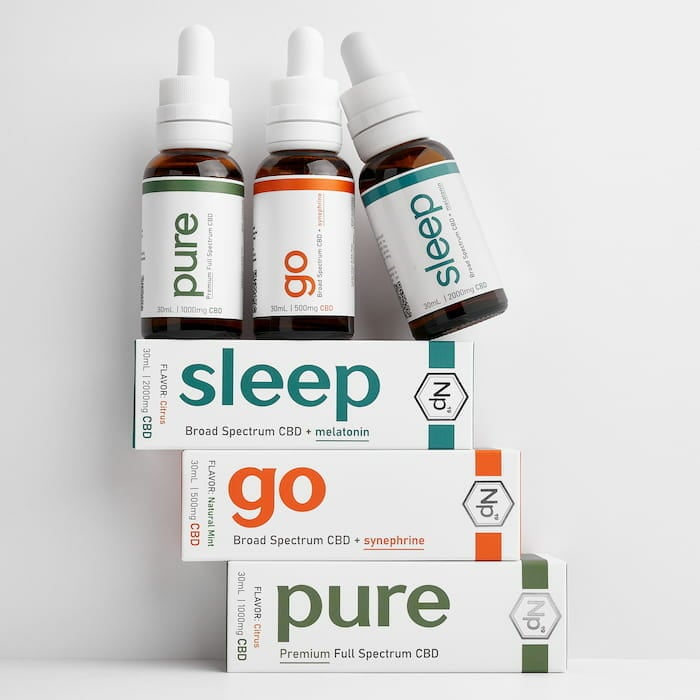
Here are some other names you might run into:
- cannabidiol oil
- hemp extract oil
- CBD tincture
- hemp CBD oil
You see, when things aren’t regulated, there are both positives and negatives that go along with this lack of regulation.
A negative part of hemp oil not being regulated, is there is no legally defined terms. This leads to people making up their own terms, or using a bunch of different names to describe the same product. Sometimes, these terms spread and are just as prevalent as the original names or terms for products.
That’s what has happened here. When comparing CBD oil vs hemp oil, there really is no difference.
While CBD products can be found in many different forms (not just an oil), we’re going to focus on the CBD oil itself. Since this oil can be put into things like gummies, balms, and pills, you can apply the same logic from this article to other forms of CBD products, too.
Is Hemp Seed Oil the Same as CBD Oil?
This is what you have to watch out for. Hemp seed oil is not the same as CBD oil. When buying CBD oil, you might run into this relatively common scam. You may have also heard of hemp seed oil.
As the name suggests, hemp seed oil comes from hemp seeds. In contrast, the beneficial compound CBD is only able to be extracted from the leaves, stalk, and flowers of the hemp plant.
Another name for hemp seed oil is cannabis sativa seed oil. This is because, as we talked about earlier, industrial hemp is classified as the cannabis sativa plant.
There are no cannabinoids, like CBD, in hemp seeds, or hemp seed oil.
It is important to understand this. Hemp seed oil does not contain any CBD — at all!
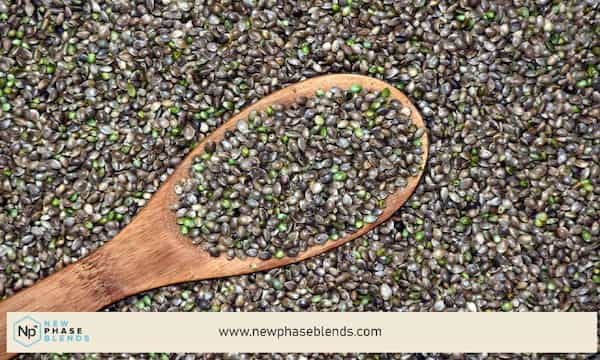
This means all of the benefits like pain relief, or anti-inflammatory properties can’t be achieved through hemp seeds. While hemp seed oil is a good source of essential fatty acids (which are actually good for cardiovascular health), it is not a good source of CBD, or any other cannabinoid. Olive oil is another example of something with a lot of essential fatty acids.
When it comes to hemp seed oil vs CBD, this is an important distinction.
Are Hemp Oil and CBD Oil Legal?
Until the Farm Bill of 2018 was passed, hemp was a controlled substance due to its association with marijuana.
Hemp plants are an important crop for us. For thousands of years, hemp plants have been used to create building materials like rope and fibrous blocks. People have also used things like hemp oil for their health conditions for just as long.
That’s great, but what does all this have to do with hemp oil and cannabidiol (CBD) oil products?
Is Hemp the Same as CBD?
Kind of, but not really. CBD, or cannabidiol, is a plant chemical within the hemp plant.
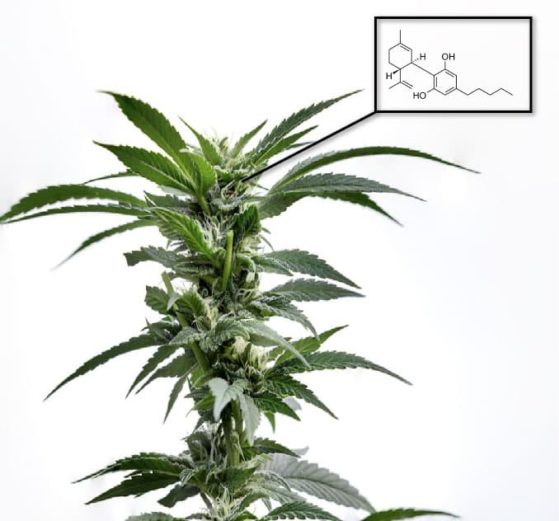
Hemp flowers, stalks, leaves, and stems, all contain certain amounts of cannabinoids (plant chemicals) that people use for their different benefits.
Frequently Asked Questions
Is all CBD oil the same?
No, not all CBD oil is the same. There are different brands, and they all make their products a little bit different. For example, some might have different strengths of CBD oil tinctures, different flavors, use different strains of hemp. There could be a lot of differences in CBD oils.
There are also different spectrums of hemp plant extract: broad spectrum, full spectrum, and CBD isolate.
Is hemp oil as good as CBD oil?
This is a poorly worded question. Since you now know that hemp oil and CBD oil are the same thing, one cannot be ‘as good’ as the other. You are comparing two of the same thing.
Is hemp oil stronger than CBD oil?
Again, you can’t really compare these two. They are the same thing. You can compare different strengths of hemp oil, or CBD oil, to each other, but not in general.
Summary
This article aims to give you a better understanding of both hemp oil and CBD oil, along with their sources, health benefits, and uses of both. If there’s one thing to remember from this guide, it’s that hemp is a plant while CBD is a chemical extracted from hemp.
Sometimes, products sold as hemp oil will also contain CBD — just check the label and ask for a certificate of analysis to verify its contents.



